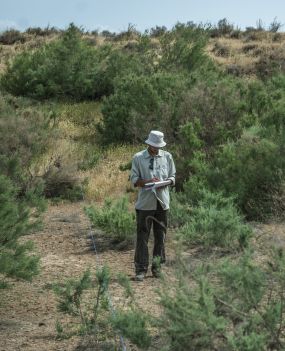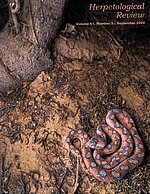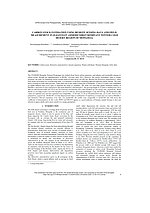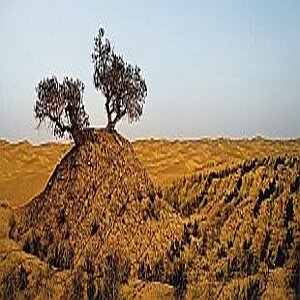CADI Fellowship for desert scientists
The Central Asian Desert Initiative (CADI) offers a fellowship programme for scientists from Central Asia, focusing on conservation and sustainable use of temperate deserts.
Until 16 July 2017, scientists from China, Iran, Kazakhstan, Mongolia, Turkmenistan and Uzbekistan can apply for a fellowship. The CADI Fellowship, which is offered by the Central Asian Desert Initiative (CADI), supports scientists in their research on the specifics of temperate desert ecosystems, its species and dynamics. The goal of the programme is to support convincing ideas or methods on how to overcome driving factors behind desertification processes, species extinction, habitat destruction or poverty.
The temperate deserts, spreading from northern Iran across Central Asia to Mongolia, are globally outstanding nature regions but also one of the worldwide most unknown biomes. They are an important migration area for birds and the last wild herds of ungulates of the North, such as the Saiga antelope, and deliver a broad range of ecosystem services. CADI aims at conserving biological diversity and the conservation and sustainable use of theses deserts. The initiative is jointly implemented by the Michael Succow Foundation (Germany), the University of Greifswald (Germany) and the Food and Agriculture Organization of the United Nations (FAO), Sub-regional Office for Central Asia (Ankara, Turkey) and funded by the International Climate Initiative (IKI) of the German Environment Ministry (BMUB).
 The CADI Fellowship contributes to one of the outputs of CADI – the generation, application and dissemination of knowledge on ecosystem services, biodiversity, conservation status and land-use of temperate deserts in Central Asia. The fellowship aims at scientists that have the support of their home countries institutions and a clear commitment to a career in their country of origin.
The CADI Fellowship contributes to one of the outputs of CADI – the generation, application and dissemination of knowledge on ecosystem services, biodiversity, conservation status and land-use of temperate deserts in Central Asia. The fellowship aims at scientists that have the support of their home countries institutions and a clear commitment to a career in their country of origin.
Target groups are post-graduate senior scientists, who preferably have at least three years of professional experience and preferably are not older than 40 years. The fellows are supposed to work on a subject of their own choice according to the project aim and related outputs, supported by the project partners. Within the frame of “Research for Development”, the project must also have a clear relevancy for the country of origin and should focus on the increase of sustainability or improvement of livelihoods in the region.
The fellowship programme will be completed in Greifswald (Germany) at the Michael Succow Foundation in close cooperation with the University of Greifswald. Exceptionally – dependent on the research topic – other places at German scientific institutions might also be eligible if there is a clear synergy with CADI project aims.
The CADI Fellowship starts 1st of October 2017. It includes a monthly grant for a period of up to 12 months, travel allowance and equipment as well as individual supervision and involvement into an international network of scientists and practitioners for the conservation and sustainable use of deserts.
Information and application:
http://cadi.uni-greifswald.de/en/cadi-fellowship-call-for-applications/
http://succow-stiftung.de/cadi-fellowship.html
The link has been copied to the clipboard
Contact
IKI Office
Zukunft – Umwelt – Gesellschaft (ZUG) gGmbH
Stresemannstraße 69-71
10963 Berlin









